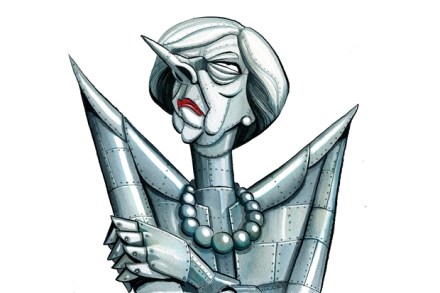Petronella Wyatt: The time I saw Boris cry
Boris Johnson is nothing like Churchill, a view with which my friend Andrew Roberts concurs. But in the 20-odd years I have known Boris, I have often been struck by his similarity to John Wilkes, 18th-century politician, journalist and catnip to women. A wit and a showman, Wilkes, who denounced European entanglements and championed the rights of the electorate over parliament, was the first politician to achieve celebrity status. One of Boris’s endearing traits is that he has never regarded himself as an enticing proposition in the looks department. Wilkes had a squint, but he said: ‘Give me half an hour to talk away my face and I can seduce










